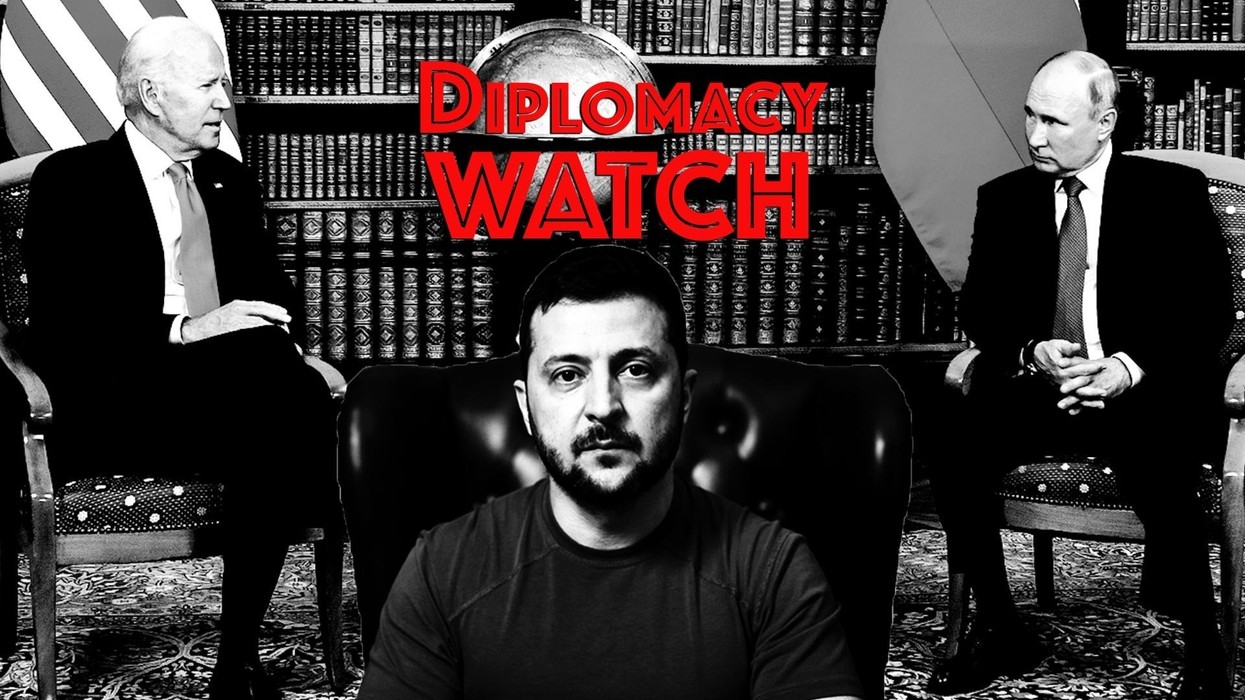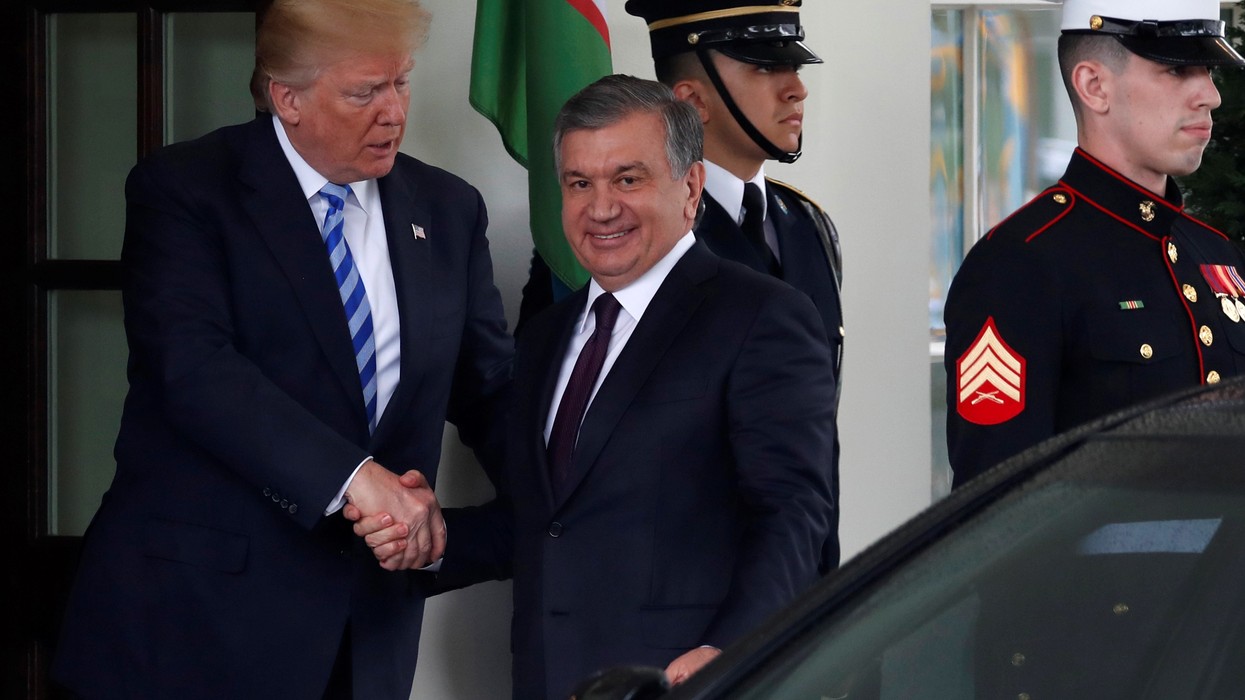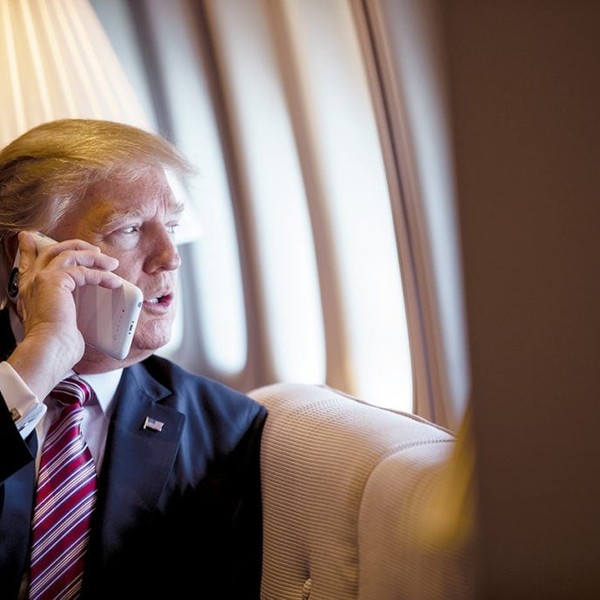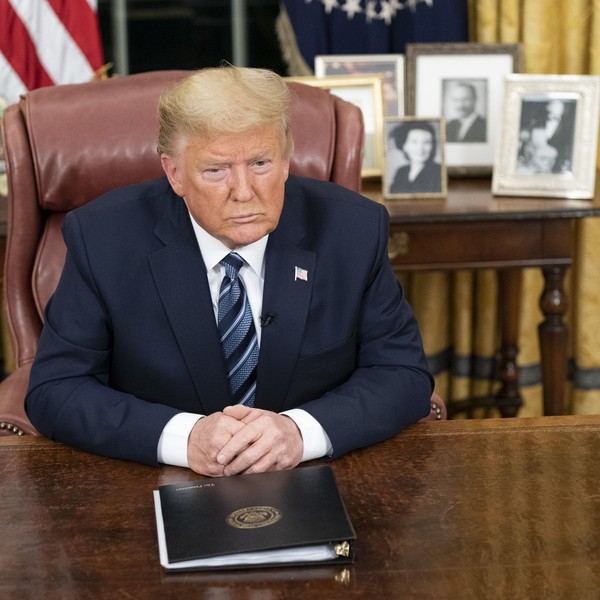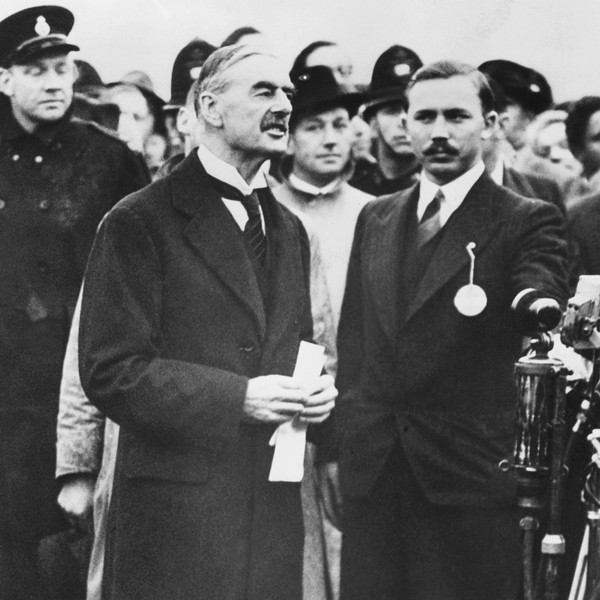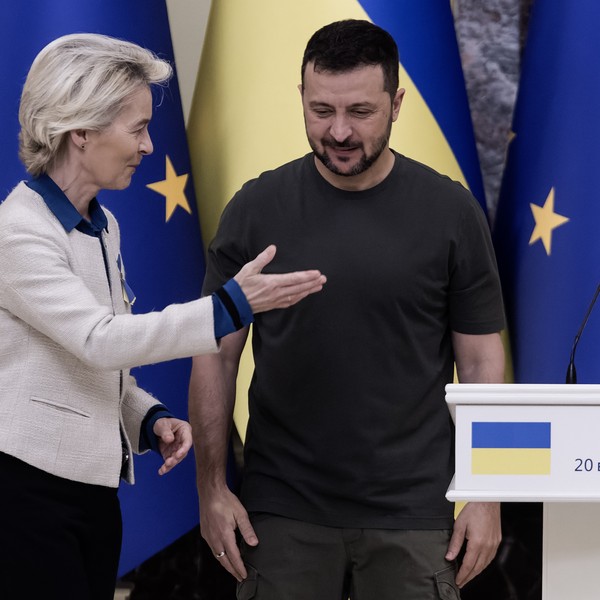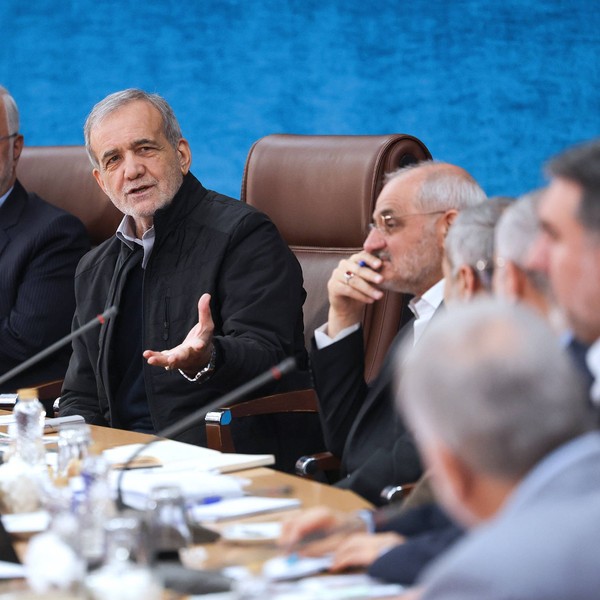Secretary of State Antony Blinken arrived in Israel today for talks with Prime Minister Netanyahu amid dramatic developments, including apparently successful Israeli drone attacks against an Iranian defense installation where Tehran is conducting parts of its ballistic missile program..
U.S. officials confirmed that Israel was behind the weekend attacks, according to the Wall Street Journal.
Israeli and U.S. critics of the 2015 nuclear deal with Iran had long insisted that without a ban on Iran’s ballistic missile program, the nuclear deal was fatally flawed. Fires and explosions at similar facilities in 2020 and 2021 have been attributed to Israeli sabotage, but unacknowledged by either Israel or the United States. The current drone strikes differ in both the weaponry used — drones — and in the attribution of the attacks to Israel by U.S. intelligence sources.
Iranian statements and publicly available video imagery indicate the attacks were carried out using commercially available quadcopter drones, which suggests that they were launched from within Iran, rather than, say, Azerbaijan. Regardless of the so-called “launch basket,” that is, the area from which the drones were launched, the attacks could be important for two reasons.
First, because they might presage an entirely new military strategy toward Iran’s nuclear facilities, one that does not require an intensive and hazardous air campaign and therefore lowers the costs and risks of escalation and general war. This is the approach Iran took to its highly destructive raid on two Saudi oil installations in 2019. Stay tuned. Second, because of the apparent readiness of the Biden administration to acknowledge close cooperation with Israel on military efforts to damage Iran’s nuclear and missile programs.
These points will figure in Blinken’s talks with Netanyahu about the spiraling crisis in the Palestinian arena. In the aftermath of the murder of seven Jewish worshipers emerging from a synagogue in the Neve Yaakov neighborhood in Jerusalem, tensions have spiked. In his first remarks after hitting the tarmac Monday, Blinken offered condemnation for the violence but urged restraint overall.
“We condemn all those who celebrate these and any other acts of terrorism that take civilian lives no matter who the victim is or what they believe,” he said. “Calls for vengeance against more innocent victims are not the answer. And acts of retaliatory violence against civilians are never justified.”
“It is the responsibility of everyone to takes steps to calm tensions, rather than to inflame them,” he added, “That is the only way to halt the rising tide of violence that has taken too many lives, too many Israelis, too many Palestinians."
The new government had placed two ultra-right wing Cabinet ministers in charge of security and the West Bank. The massacre challenges them to put their money where their mouth is. For these two ministers, Itamar ben Gvir and Bezalel Smotrich, it is both a challenge and opportunity. Their initial response was to order the arrest of 42 relatives and acquaintances of the lone attacker, which looks very much like collective punishment, and approve the demolition of his family’s house.
The latter penalty, framed by government lawyers as a deterrent rather punishment, is one that the Israeli supreme court has approved in the past. (It is a vestige of pre-1948 British mandatory law.) Meanwhile, the Palestinian Authority has halted cooperation with Israeli authorities, which raises security problems of its own, while Hamas has unreservedly applauded the killings without claiming responsibility.
Blinken will want to persuade Netanyahu to avoid turning this episode into an all-out Israeli-Palestinian war. Given the sharply critical response of Israel’s business community to his government’s plan to subordinate the judiciary to parliament, Netanyahu undoubtedly knows that his government is navigating dangerous shoals. He is well-connected to leaders in this economic sector, who have warned of capital flight and a downgrading of Israel’s credit rating.
This of course is not his first rodeo. Netanyahu’s previous stints as prime minister were marred by crises in Israel’s long running conflict with Palestinians and he has generally backed off from Armageddon scenarios. The Biden administration has been in constant contact with Netanyahu since his government took office, no doubt reminding him that the U.S. welcomed his insistence on his ability to corral his cabinet and will expect him back words with action.
More pointedly, against the backdrop of the drone attacks, Iranian support for Russian aggression in Ukraine, and brutal suppression of protestors at home, Blinken will remind Netanyahu that dealing with Iran’s nuclear program is a strategic imperative for both the U.S. and Israel. Events, he will probably observe, have never been as favorable to this cause as they are now. He will caution Netanyahu not to undermine bilateral efforts to disarm Iran to accommodate his ultra-right wing coalition partners.
For Netanyahu, the administration’s portrayal of him as the adult in the room holds promise and peril. The promise lies in his rehabilitation as the shrewd and responsible steward of Israel’s most important partner. His reputation on this score had been shredded by his alienation of Barack Obama. He can now re-burnish his credentials. Given his posture as Israel’s savior against an Iranian existential threat and his reliance on U.S. support to infuse this posture with a semblance of reality, he will not want to drive a Palestinian wedge between the US and Israel.
On the other hand, his exceptionally strong majority in the Knesset, the basis of his political power — and the shield against a possible prison term — hinges on the loyalty of radical parties with vocal constituencies. And they are notably indifferent to the United States and to Netanyahu’s broader objectives. Netanyahu could offer the center and center left parties now in the opposition the chance to replace his nettlesome current coalition partners, but experience shows that the resulting government would be extremely unstable.
Blinken’s Israel visit therefore is an important event. It has the potential to restore Netanyahu to grace and even open the possibility of an invitation to the White House, by a president, who, as vice president, was described by a prominent Israeli commentator as having to “wipe [Netanyahu’s] spit off his face” and “say it was only rain,” or be relegated once again to bilateral diplomatic purgatory.

